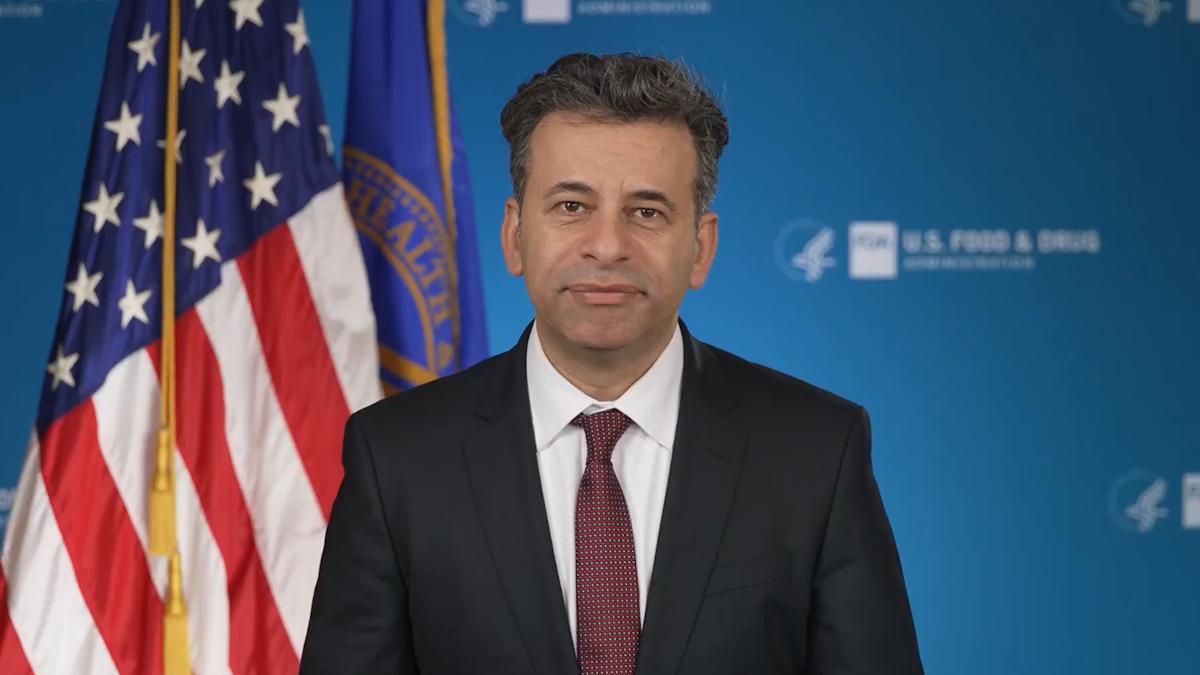FDA unveils fast-track review path for 'national priorities'

FDA Commissioner Marty Makary announcing the new voucher programme via YouTube.
FDA Commissioner Marty Makary has revealed a new priority review voucher programme for new medicines deemed to be of national priority for the US.
The new system will be piloted this year and promises to deliver decisions on new drug and biologic marketing applications within two months, rather than the standard 10 to 12 months. Makary discussed the programme in an on-stage interview yesterday at BIO 2025.
The Commissioner's National Priority Voucher (CNPV) programme will be available to companies aligned with pressing matters such as addressing a national health crisis, delivering more innovative cures, addressing unmet public health needs, or increasing domestic drug manufacturing as a national security issue.
Immediate questions have been raised about how the FDA will be able to deliver such an ambitious programme and short timescale at a time when its staff numbers have been cut dramatically and some regular reviews, such as KalVista Pharma's new drug for hereditary angioedema (HAE), have been delayed as a result.
In a social media post, Makary said the CNPV "brings the agility of frontline medical decision-making to our regulatory processes" and insisted that the FDA's "rigorous standards for safety, efficacy, and quality" will be maintained.
In another change to current pathways, the programme will bring together FDA experts from different disciplines to carry out the review, rather than using the standard review system of a drug application being sent to numerous FDA offices, said the agency in a statement.
It will also allow sponsors to submit some parts of the data package to the FDA in advance – such as chemistry, manufacturing and controls (CMC), and draft labelling – before clinical trial results are due, and promises close consultation with the agency during the review process.
"As a surgical oncologist, we often made multidisciplinary decisions with a team of doctors on major life-and-death questions for patients, incorporating the latest medical studies in a 1-day tumour board-style discussion," said Makary.
"This voucher harnesses that model to deliver timely decisions for drug developers. The ultimate goal is to bring more cures and meaningful treatments to the American public."
The vouchers will be available in limited quantities for a one-year pilot period – due to start before the end of the year – and will be valid only for two years. However, unlike the priority review vouchers (PRVs) awarded for bringing orphan drugs for diseases with significant unmet need to market, they will not be transferable.
There has been a thriving trade in PRVs over the last few years, driven by companies that feel there is a significant benefit from reducing the time to market for a new drug product. They can often change hands for upwards of $100 million and have been viewed as a good source of windfall funding for smaller biotechs.












